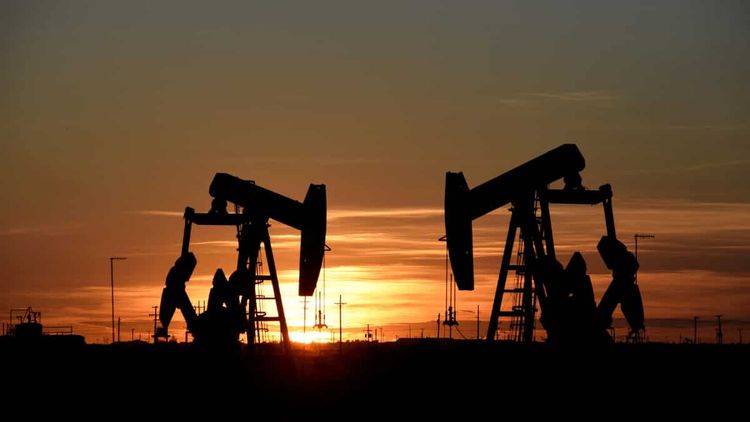OPEC keeps June output steady ahead of anticipated dip in July oil production

The Oil Producing Nations Group, also known as OPEC, maintained its production levels in June, as reported by Bloomberg. The report states that the collective OPEC members produced an average of 28.57 million barrels per day, with a slight increase of 80,000 barrels per day compared to May.
Nevertheless, there are predictions that oil production will decrease in July as Saudi Arabia plans to reduce its output by an additional 1 million barrels each day. It has been reported by the media that the oil-rich nation will likely maintain this reduction during the month of August as well.
Not only has the largest oil producer globally made the decision to reduce oil production, but Russia, another significant player in the oil industry, has also pledged to decrease its oil shipments by 500,000 barrels per day for the month of August. Russia, being subject to Western sanctions following the Ukraine war, is taking this step.
In the month of April in 2021, OPEC+ (consisting of OPEC nations and Russia) made a unanimous decision to decrease their oil production starting from May. According to reliable sources, this alliance resolved to reduce their daily oil production by 1.15 million barrels.
Since November of last year, the association of oil producers has been reducing the amount of oil available in order to raise prices. This has been in response to a decrease in demand from China and an increase in supply from the United States. Unfortunately, despite their efforts, they have been unsuccessful in pushing oil prices outside of the $70-$80 per barrel range.
In the beginning, it was anticipated that reducing output would cause global oil prices to rise. However, oil prices have declined by approximately 12 percent this year. This is mainly a result of China's sluggish recovery after the pandemic and concerns about a potential worldwide economic downturn in the coming months.
As oil prices continue to increase, it puts a strain on global inflation rates. However, this situation proves beneficial for major oil-producing nations such as Saudi Arabia. This Middle Eastern country relies heavily on oil revenue to sustain its governmental finances.
As per the International Monetary Fund, Saudi Arabia requires global oil prices to surpass $80 to maintain equilibrium in its annual budget.
(Written with information provided by news agencies)













